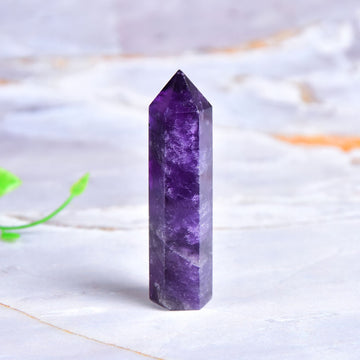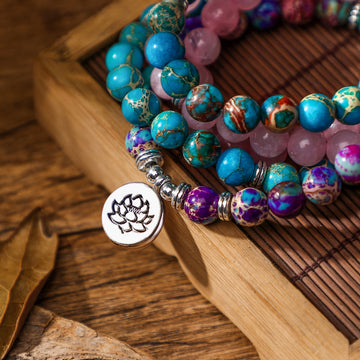Ancient Taoists held a playful and poetic attitude toward sex. The phrase “clouds and rain” was used to describe the sexual act; the clouds refers to the ova of the earth, and rain is the sperm of heaven. Terms such as jade gate and cinnabar cleft for the vagina, jade terrace and precious pearl for the clitoris, inner gate for the cervix, and golden valley for the vulva are all indicative of the Taoists’ attitude.
Jolan Chang lists eight names for the vagina alone, including lute string for the depth of one inch, water chestnut teeth for the level of two inches, inner door for the level of seven inches, and north pole for the level of eight inches! The eight depths together are “the eight valleys.”
While there are numberless names for a woman’s sexual anatomy, there are only a few — such as jade stem and turtle head — for the man’s special parts. This is in keeping with the deep veneration for women, which plays such a large part in Taoist thought and attitude.
At the very heart of the Art of the Bedchamber, or the Tao of Sex, is the notion that woman is both energetically and sexually superior to man. Woman is considered to be the repository of inexhaustible yin, while man is caught up in his all-too-quickly exhaustible yang. Applying this belief to other aspects of life, it also means women are more often capable of sustained efforts and are more conscious of long-term goals and effects.
Woman, being yin, or water, is slow to warm — in contrast to the male, who is yang, or fire, and who flares up immediately. The danger is that, in his sudden flaring, he will continue past the woman and leave her far behind, just as she is coming to a boil. If a man climbs onto the woman with limited foreplay, quickly reaches orgasm, and then is done, the woman will feel frustrated and unfulfilled. Over time, those feelings will affect her emotionally as well as energetically, causing her to feel more frustrated and often angry as well. Her anger and frustration will manifest in all sorts of ways that, on the surface, seem to have nothing to do with sex but still cause problems between her and her partner.
Taoist sex offers us a different scenario: the man matches his energy level to the woman’s, and they come to a slow or quick boil together. Instead of sex being a rapid climb up the mountain, with orgasm (especially the male’s, but also the female’s) as the peak goal, lovemaking becomes a goalless and joyful event, a marvelous dance between two people who are enjoying each other and themselves. It becomes more of a long, even sharing and less of a sudden peaking with an equally sudden drop.
Taoists say that it takes seven years to know the rhythms of a woman’s body, seven years to learn her mind, and seven years to understand her spirit. How many men are willing and able to put in this kind of time to truly and deeply understand their partners?
The women’s movement of the last 40 years or so has made it clear what women want from men and also what they do not want. Women want self-empowerment; a feeling of co-responsibility with their partner, along with accountability; a sense of self-worth that is not based on glamor or how much value they possess in the sexual marketplace; a feeling of mutual trust and intimacy; and the knowledge that they are accepted for whom and what they really are.
This is just what the Tao of Sex is all about. Taoist sexual practices are really not possible without a deep sense of trust and in turn, the intimacy that trust generates. When a man practices the Tao of Sex, he is acknowledging that what he and his partner are doing is worth a little work, a little effort, a small amount of self-control, in order for them both to reach even higher levels of ecstasy, communion, and communication. And the woman is acknowledging that she is willing to support and help him with this achievement, for both their sakes.
Adapted from The Tao of Intimacy and Ecstasy: Realizing the Promise of Spiritual Union by Solala Towler. Copyright © 2014 by Solala Towler, Published by Sounds True.



































